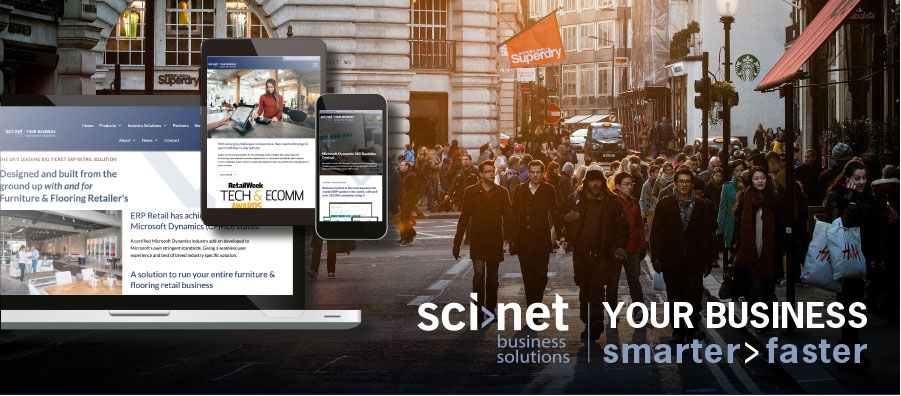Digital transformation gives you the opportunity to do the following:-
- Reshape your organisation.
- Modernise your business processes.
- Review how your employees work together.
- Improve your products and services.
- Put your customers as the central focus of everything you do.
Unfortunately, digital transformation is often too closely linked to just technology and ‘digital’, with less or no emphasis on the ‘transformational’ part: technology’s ability to improve business functions and customer-centricity. That is probably the biggest mistake you can make in your digital transformation projects.
In today’s world, customers have the power. The transparency of the internet gives them the possibility to switch to an alternative vendor within a few clicks. For most companies who are putting customers at the heart of their organisation, modernising business processes and brushing up on internal mindsets is nothing less than a crucial move to secure a healthy future!
Continuing to carry out your current operations based on traditional or even legacy mindsets will keep you in your comfort zone – but that is only temporary! At some point, it will result in fewer customers, less revenue, and a decreasing relevance for your business in the market. On top of that probably comes a loss of employees and customers searching for a modern place to work and do business.
Unfortunately, most companies still prefer implementing their new software based on old insights and most of them are not motivated to modernise their business processes to adapt to today’s customer expectations. Importantly – but often forgotten – the management is not taking enough time to motivate their staff to think and act accordingly.
So, what does this all mean? It means they carry all their legacy business processes and reports to the new system, including the old and contaminated data. And – probably worst of all – their legacy thinking about how to treat their customers.
Upgrading your software without modernising your business processes, your employees’ skills and mindsets, including the board of directors (!), can only lead to project disappointments since it is the equivalent of keeping old wine in new bottles.
Suppose you are looking for success in your digital transformation initiatives. In that case, you do well to start with the changing market demand, the interests of your customers and the impact on your staff. After all, the success of these projects is hidden in the second word.
If you have any questions or want to learn more about how we can help you not to make this mistake with your digital transformation, get in touch with the expert team here at Sci-Net Business Solutions!








